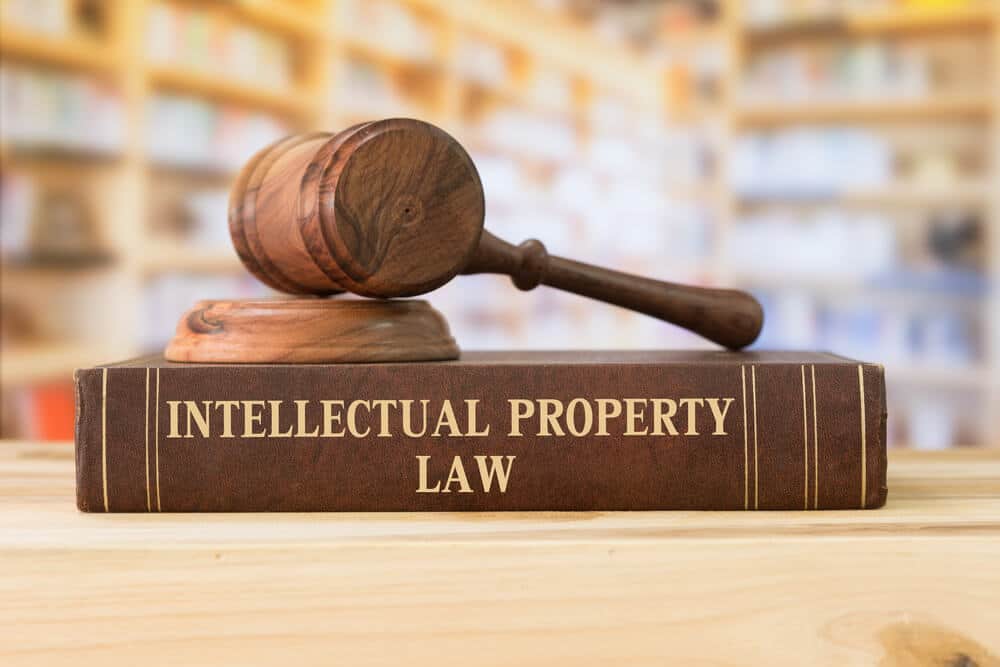Intellectual Property (IP) takes into consideration intangible things such as copyrights, patents, ideas, or other unique concepts. According to laws, intellectual property should receive the same kind of legal protection as tangible properties. This is why it becomes necessary to claim ownership of one’s ideas or creative works.
The worldwide rise in IP filings with respect to trademarks, patents, and industrial designs was 13.7%, 1.6%, and 2% respectively in 2020. If you also wish to protect your intellectual property, here are seven ways of doing so.
1. Scrutinize
If your work is mostly outsourced from domestic or international partners, you should double-check to be sure that they employ a good amount of security for protecting your intellectual property.
You should also make sure that the remote employees in the company or organization are accessing your IP in your desired manner.
2. Be aware of your rights
You should spend a little bit of time learning about the crucial IP rights and laws. You should also teach others in your company regarding your and their IP rights too.
Study the relevance and importance of different things like copyrights, trademarks, or patents to keep your organization safe from any future threats. Formulate a strong policy to protect your IP at all costs.
3. Consult experts
If you feel you’re confused regarding your rights, it’s always best to consult an attorney at law or any expert organization. They will provide proper solutions and give you the best kind of advice.
For example, Lord Commercial Lawyers has a specialized IP consulting firm that helps you to enforce your rights. Seeking advice from a reputed company will also save you a lot of money in the long run.
4. Double-check your ideas
You need to do thorough research to make sure the idea you have come up with is 100% unique and yours. In order to be extra sure, conduct trademark or patent searches on the web to find out if someone else has already thought of that idea earlier or not.
Once you’re sure that the idea has not been trademarked or patented by another person or organization, you can go ahead and label it as yours for protection.
5. Hire an auditor
Patents are not the only valuable assets that you can have. You have to place equal focus on other things like copyrights or trademarks. For this reason, hiring an auditor is a good idea. The auditor will be able to differentiate between the registered and non-registered assets and help you to sort things out.
If you wish to save up some money, you can go for an in-house auditor. However, to be impartial and fair, you should hire an external auditor to do the job for you.
6. Keep records
You need to protect your IP from any kind of threats or unwanted losses. For this, you should maintain written records of almost everything that’s important. Everything, from how the idea was born to the number of meetings conducted to improve that idea, should be documented well in advance.
Even the names of people who took part in executing the idea should be mentioned. If you have proper documentation of everything, it will be much easier for you or your company to claim ownership of a certain idea or concept.
7. Protect the IP as soon as possible
It’s absolutely necessary to protect your intellectual property as soon as possible. Even one minute of delay can lead to theft of your ideas.
So, instead of waiting around for the right time, you should file for your ownership as soon as possible. Filing for your IP protection is also crucial because your competitors will never miss out on a chance to overpower you.
Over to you…
Intellectual Property and its ownership can be a daunting task for a lot of people. That is why it’s best to hire professionals who will make the job much easier for you. Companies like Lord Commercial Lawyers are reputed and experienced. So you can be sure that the lawyers there will always provide you with sound advice and guidance.
Check out their website and book a consultation with them to know more about your intellectual property and the rights surrounding it.


